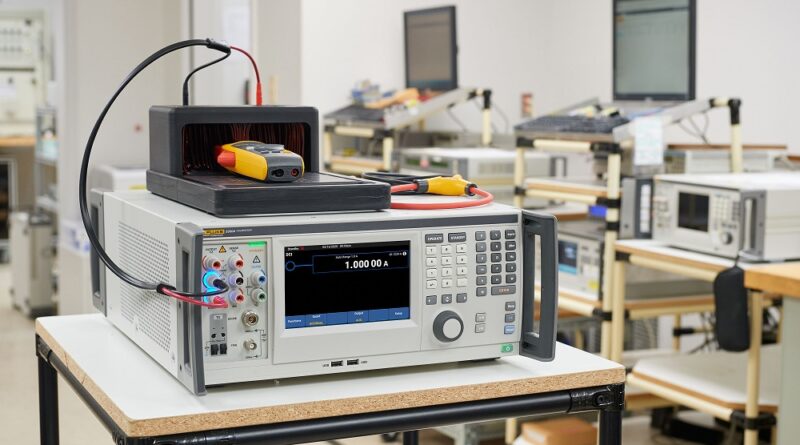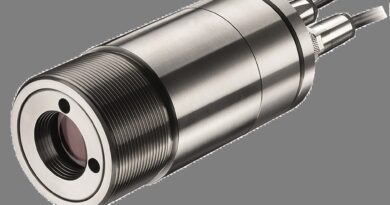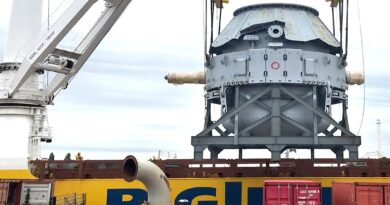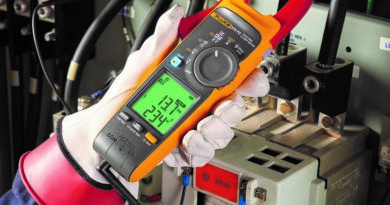Calibration is key for devices to operate at maximum efficiency
As tools for measuring food safety become more accurate and portable, all measuring devices must operate at maximum efficiency and have a traceable calibration record.
Fluke Calibration, locally represented by COMTEST, a global technology leader in the manufacture of compact, professional electronic test and measurement tools and software, states that calibration is sure to play a vital role in the ability of the world to produce sufficient amounts of safe food to feed nearly eight billion people.
With World Metrology Day – 20 May 2023 – focusing on ‘Measurements supporting the global food system’, Fluke Calibration highlights how food testing laboratories can save lives by ensuring their equipment delivers accurate measurement results every time. Accuracy is essential in the food industry not just for being able to offer consumers sound advice on nutrition and food safety but also for delivering food security to a rapidly expanding population.
Increased demands
The food industry must increase its supply to meet the needs of the world’s eight billion people. At the same time, many countries worldwide are now strengthening their focus on food quality and safety; this produces increased demands on measurement science. This challenge must be met because, according to the World Health Organisation, roughly 600 million people worldwide (nearly one in 10 people) suffer from food-borne illnesses, with 33m healthy life years lost each year. Worse still, about 420,000 people die worldwide every 12 months from unsafe food, and 125,000 are children. Financially, around US$110bn is wasted on medical expenses and lost productivity caused by those in low- and middle-income countries being adversely affected by unsafe food.
This crisis requires food quality to be monitored and controlled continually and on a massive scale. Typical factors that are measured to ensure food safety relate to temperature, pressure and humidity, mass and volume. Food can deteriorate quickly if these areas’ levels exceed or fall short of accepted standards. For example, humidity needs to be controlled closely to minimise mould growth and extend the life of dry goods, while checking the pressure in storage tanks is essential to avoid microbiological contamination during the homogenisation process of various foodstuffs. Of course, the same applies if temperatures stray above or below stipulated thresholds.
Traceable calibration
To ensure the accuracy of every measurement taken – which is increasingly happening away from laboratories and out in the field using portable and hand-held tools – all measuring devices must be calibrated and have a traceable calibration record. Because measurement instruments are continually becoming more accurate, Fluke Calibration has developed various solutions – such as temperature calibrators – that can cater to these altering demands. Not only do these tools reduce downtime and boost productivity by ensuring faster calibration, but they also deliver results of the highest accuracy within minimal timeframes.
The ability `to manage systems and improve efficiencies is only possible with the capacity to take measurements accurately. However, measurements can quickly become meaningless and futile without measurement instrument calibration. Compromise is not an option when it comes to securing the future’s food supply, and Fluke Calibration remains determined to play its part in protecting the population of our planet. Calibration is the key.




